- Casino
- By State
- Alabama
- Alaska
- Arizona
- Arkansas
- California
- Colorado
- Connecticut
- Delaware
- Georgia
- Florida
- Hawaii
- Idaho
- Illinois
- Indiana
- Iowa
- Kansas
- Kentucky
- Louisiana
- Maine
- Massachusetts
- Maryland
- Michigan
- Minnesota
- Mississippi
- Missouri
- Montana
- Nebraska
- Nevada
- New Hampshire
- New Jersey
- New Mexico
- New York
- North Carolina
- North Dakota
- Ohio
- Oklahoma
- Oregon
- Pennsylvania
- Rhode Island
- South Carolina
- South Dakota
- Tennessee
- Texas
- Utah
- Vermont
- Virginia
- Washington
- West Virginia
- Wisconsin
- Wyoming
- By State
- Slots
- Poker
- Sports
- Esports
- Home
- What Is a Pachinko Game Machine?
What Is a Pachinko Game Machine?
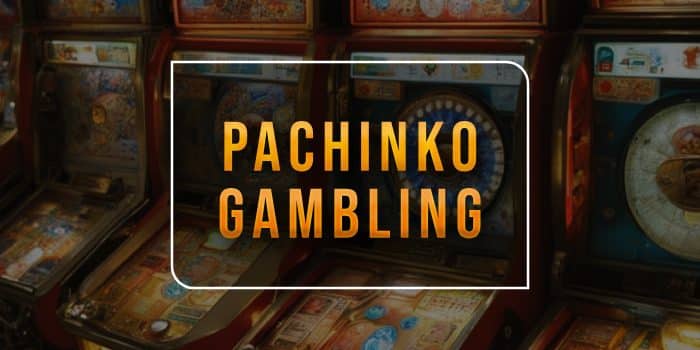
A pachinko game machine is a popular arcade game that was developed in Japan. The machine has become synonymous with gambling in Japanese culture, although the nation does not find much of an issue with these arcades specifically.
Gambling is a taboo in Japan, but pachinko game machines have thrived, nevertheless. The oldest pachinko game was invented in the 1920s and was intended for children. Today, you will find many senior citizens crowding as the legal age of admittance in pachinko gaming parlors in Japan is 20.
What Are Pachinko Games?
Pachinko games are distant cousins of slot machines. They are built vertically and have players use a dial to send balls flying upward across a field of pins that serve as obstacles.
The goal is to land the balls farther up the vertical machine in specific pockets which will then add to your score and reward you with more balls.
Many of these machines will allow you to compete for a jackpot prize, much like a slot would, releasing extra balls that can be then traded in for various prizes.
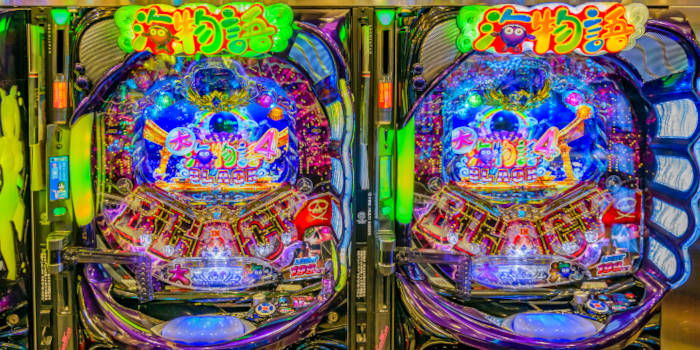
Unlike slots, however, pachinko games will have you not spin reels but try and navigate metal balls through the pin-ridden labyrinth of the vertical machine.
A pachinko game is mostly luck, as there is limited opportunity to control the balls once they are launched. However, a skill factor interpretation may arise from the fact that you can adjust the angle and speed of the balls which could result in more accurate overall landings.
There is a financial incentive to playing pachinko machines as well, as you do not technically win cash, but rather collect balls which can then be traded in for prizes or vouchers, which already have a monetary value.
In some instances, you may even find a vendor that will exchange the balls for money outside of a pachinko game parlor, or the “tokuten” system, as it is known in Japan.
Are Pachinko Game Machines Considered Gambling in Japan?
Pachinko games are an interesting exception from gambling laws in the country, which are generally very strict. No form of gambling is condoned in Japan. The only other exception is the planned integrated resorts, the first of which is due to arrive by the end of the decade.
Pachinko machines, however, do not fall under the classification of gambling under current stature in Japan.
The machines do not directly pay out cash, although they do extend vouchers and other prizes, and can in many instances offer players the chance to redeem their winnings for real money in a nearby venue set up specifically for the purpose.
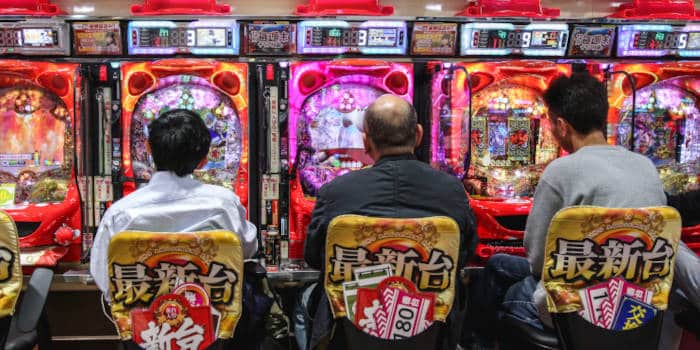
However, certain restrictions apply to pachinko games. Individuals under the age of 20 may not enter a pachinko parlor, for example. This particular rule is enforced unambiguously.
The Japanese government is aware of the system that pachinko machines use, including the “tokuten” option to redeem winnings, and is observing the industry closely.
Overall, while pachinko is designed to circumvent direct gambling laws, it is subject to regulations intended to prevent potential misuse and mitigate social concerns associated with gambling-like activities.
How Popular Are Pachinko Games in Japan?
By any measure, pachinko arcade machines are very popular in Japan. They have a direct impact on the economy, and they are a cultural phenomenon that has been woven into the fabric of post-World War II Japan.
Part of this has to do with the economic plight that came after 1945, a time when gambling was largely seen as a viable career path. As social mores were soon restored, and Japan’s traditional conservatism settled in, however, outright gambling was something to look down on.
Japanese chose, instead, to turn to a game that combined elements of gambling that also served as a purely entertainment contraption, and thus pachinko machines became a lasting fixture of the country’s culture.
Pachinko machines have a direct impact on the economy and the industry is worth anything between $100 billion and $200 billion with different numbers cited by various sources.
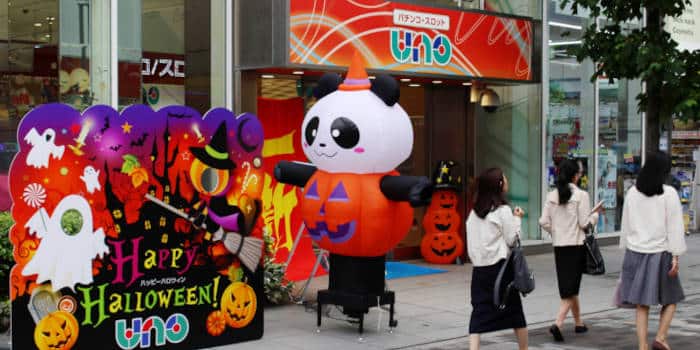
Although it was agreed that the industry was worth $200 billion in 2018, this number has now been adjusted. Does this mean that pachinko is in decline in Japan? According to industry data, there will be 7,655 parlors in 2024, a 9.3% decline year-over-year.
However, the games deeply rooted cultural and social origins in Japanese culture means that despite a decline in popularity compared to its all-time high in 1994 when the market was worth $300 billion, the industry is still a vibrant ecosystem that draws crowds across generations.
The industry still has 2 million or 3 million active players as of 2023, and there has been a recent rekindling of interest, too. By one estimate, pachinko games may be directly linked to improved cognitive function in septuagenarians.
Are Pachinko Machines Legal in the United States?
Pachinko machines are mostly confined to Japan. Playing pachinko in the United States is not an option beyond the arcade machines that do not offer any money payout and are played purely for the entertainment value of the game.
You won’t find pachinko game machines in the United States, although you could buy a pachinko machine for personal use, providing that you do not organize or host the machine for others in any commercial capacity.
Where Can I Play Pachinko Machines?
Pachinko machines are available to foreigners who want to play in Japan, and they are mostly limited to the country. If you are visiting as a tourist and want to play at a pachinko game parlor, you can do so freely, on several conditions.
First, even as a foreigner, you need to be at least 20 years of age. Players also may find the language barrier a bit of a puzzler, as pachinko games are all in Japanese.
Players will use specific balls to play the game and use the balls to then exchange them for prizes, which may again require understanding of the language. All in all, provided you can navigate these situations, and are of the legal gambling age, you are more than welcome to enter a pachinko parlor and give it a shot.
Can Pachinko Games Lead to Gambling Addiction?
An estimated 3.6% of Japan’s population is estimated to have a gambling disorder. A report by Asahi Shimbun published in early 2024 indicated that the number of young people in their 20s and 30s experiencing problem gambling has increased since the pandemic.
Where does pachinko come in all of this? It is difficult to say. Although the game uses a sweepstakes model more or less, it can still lead to the same addictive tendencies – you win, dopamine is released in your brain, and you want to play more.
Pachinko machines though may have a smaller role to play in Japan’s gambling addiction cases. Rather, most gambling addiction is estimated to be coming from illegal online gambling websites that target Japanese players.
On balance, though, pachinko game machines can lead to addiction and they should be approached carefully.
Related Topics:
Luke is a media graduate who is looking to build upon his experiences from his strong love of sports betting and casino games which started during his first year of college. His fresh mindset always brings new content ideas to the team and his editorial skills will continue to grow with the help of the upper management team at Gambling News.
Must Read
Legal
November 17, 2019
Philippine Gaming Operators Involved in Prostitution Ring
Casino
October 7, 2019
Haven Gaming to Build Danville Casino in IL
Casino
October 6, 2019
MGM To Pay $735M as Part of Settlement for Las Vegas Shooting
Casino
September 28, 2019
Swiss Casinos Group Partners with Playtech
Sports
September 27, 2019
Mobile Sports Betting Finally Coming to Indiana
More Articles














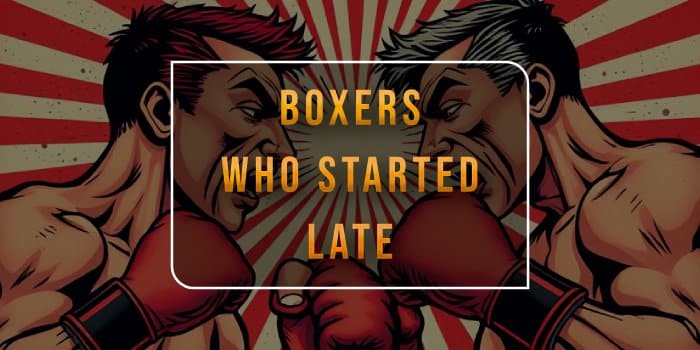
December 3, 2024
Boxers Who Started Late and Became Champions
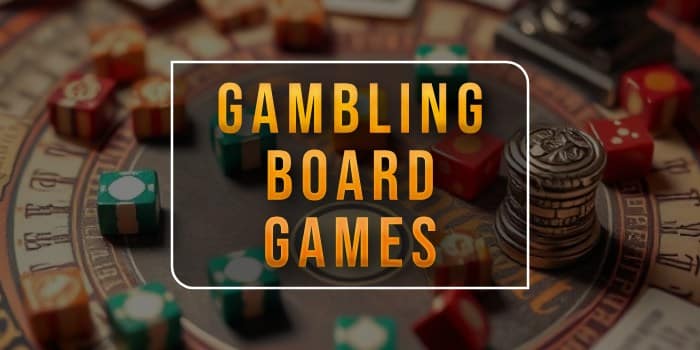
November 19, 2024
Best Gambling Board Games

October 25, 2024
Top 20 Books About Gambling
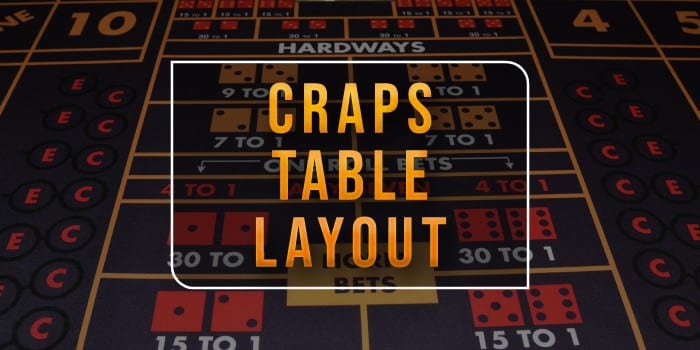
October 23, 2024
Craps Table Layout
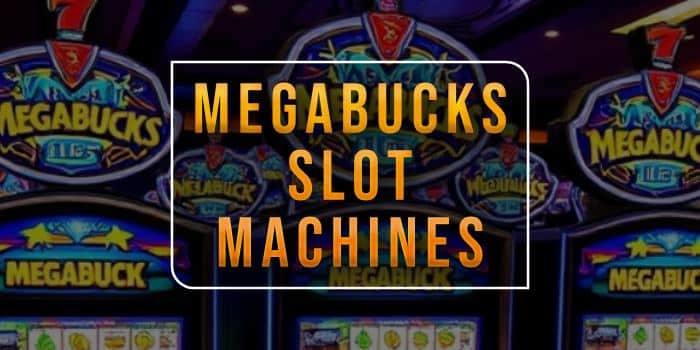
Casino
October 21, 2024
Megabucks Slot Machines

September 30, 2024
What Soccer Positions Are There and How They Work

September 27, 2024
The Best Arcades in Las Vegas
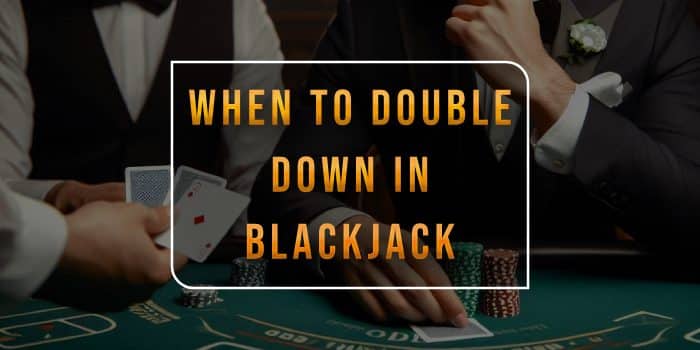
September 26, 2024
When to Double Down in Blackjack

September 24, 2024
Best Offshore Sportsbooks and Betting Sites

September 22, 2024
League of Legends World Championship: Odds, Tips & Predictions

September 19, 2024
How to Become Professional Gambler

September 16, 2024
Michael Jordan Gambling: The Good, the Bad, and the Ugly

September 13, 2024
Best Odds in Vegas – Which Game Is Superior?

September 12, 2024
Who Is Brian Christopher the BC Slots YouTuber?



